SHILLONG, JAN 9:Meghalaya’s RTI activists has demanded that the state government brings about the necessary amendments to make the Lokayukta Act, a strong, independent and effective mechanism to prevent and curb corruption in the state.
The activists said that the Meghalaya Lokayukta Act passed by the assembly is a “weak and flawed law” which in no way help in preventing and dealing with corruption.
The demand for amendment came following the direction from the centre to all state governments, especially in those states ruled by the Congress party, to introduce strong Lokayukta in their respective states.
“We have submitted proposals to the state government on what kind of a Lokayukta Act the people of the state wants, since the government has been directed to bring further amendments to the Lokayukta Act,” Meghalaya Right to Information Movement (MRTIM) convener Michael Syiem told reporters at a news conference on Thursday.
According to Syiem, the Right to Information (RTI) Act, 2005 has been a very strong tool in exposing and unearthing corruption, but after this the state need another such tool which is a strong Lokayukta with the power to punish the corrupted and jail them.
Elaborating more on the proposed amendments, another RTI activist Angela Rngad said that section 3 (2), (4) of the Act on regards to appointment of Lokayukta and members needs to be amended so that there is not too much emphasis on only judiciary and executive.
Rngad said“While one of the 3 ought to have a judicial background, there should also be emphasis on having person from civil society who has had experience of working on policy and campaign issues centering around corruption as it is in the proposed Central Lokpal and Lokayukta Act.”
Rngad also said that they propose that the amendment should be made making the term of office of the Lokayukta to 5 years and not be extendable and not as mention in Section 5 (1) (2) of the Act which says it is 3 years and extendable.
As per section 7 on the removal of Lokayukta which stated that he can be removed on grounds of misbehavior or incapacity only by majority process of impeachment through resolution passed by majority of total membership of the legislative assembly – Rngad said, “This will undermine the independence of the Lokayukta and also who will investigate the allegations of misbehavior or incapacity before resolution is put to vote is not stated.”
Rngad further pointed out that as per the section 15 of Act, the Lokayukta role is just similar to a recommending body upon which it shall by a report recommend to the competent authority for a remedy or action to be taken.
Rngad said, “This section also requires amendment to ensure that the Lokayukta should not only be recommendatory so that competent authority needs to act in line with what is specified by Lokayukta and also sanction shall deemed to be given when Lokayukta investigation finds criminal liability allowing Lokayukta
She pointed out that as section 11 (b) (on matters not subject to investigation)-
Lokayukta cannot enquire into an allegation for which the complainant has other remedy by way of proceeding before tribunal in the court of law, Rngadsaid, “This means that most complaints can be barred on this ground alone and the clause needs to be removed irrespective of its accompanying proviso.”
The MRITM also proposed that Sec 11 (2) (a) barring enquiries into matters for which formal and public enquiry has been ordered and Sec 11 (2) (b) barring matters which has been referred to commission of inquiry – needs to be removed.
Rngad felt that the two clauses can be problematic as the government in order to block jurisdiction of Lokayukta may immediately announce and set up enquiry committees that may not be as effective as Lokayukta.
Rngad also said the MRTIM also demands the need to delete the Sec 11 (4) which says -Lokayukta not to investigate into complaint if the allegation is made after 10 years from date on which action complained against is alleged to have taken place.
Stating that there is a need for the Act to have a retrospective effect, Rngad said, “Given that the RTI also provides for retrospective coverage and also access to information that is defined as classified after passage of 25 years after its declaration as classified.”- By Our Reporter











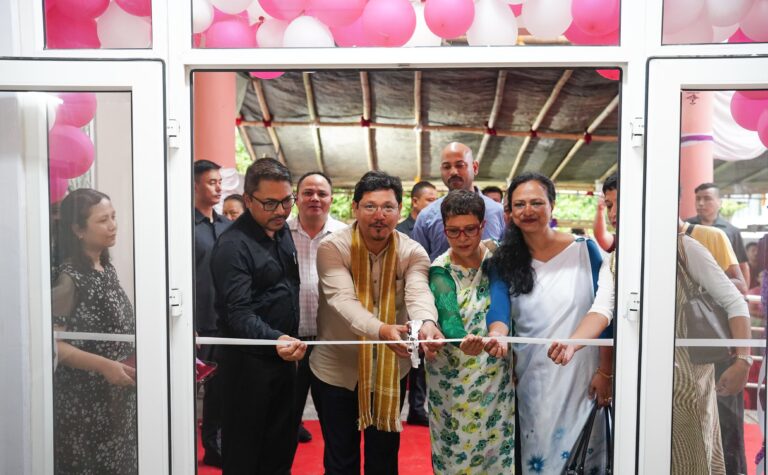
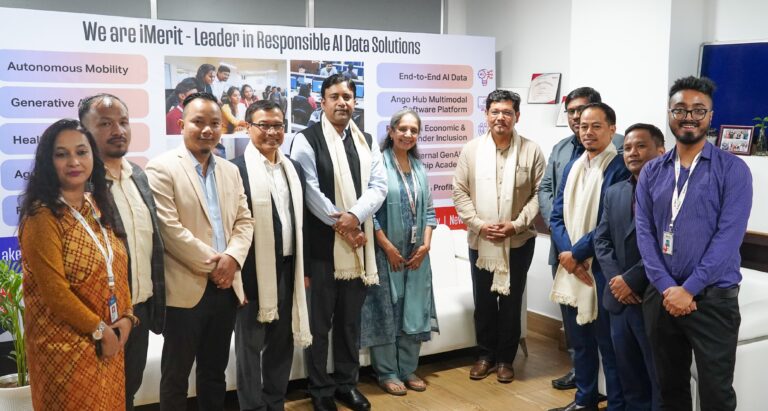
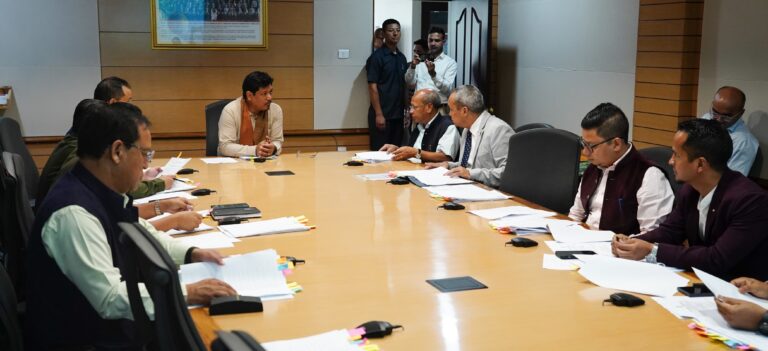

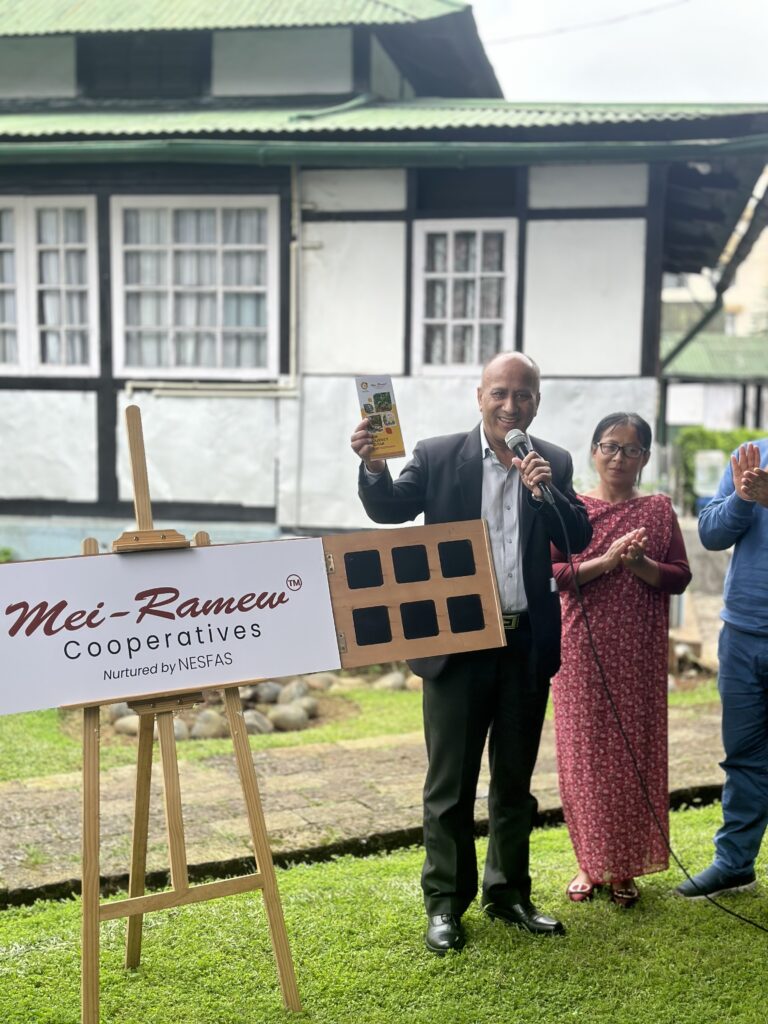
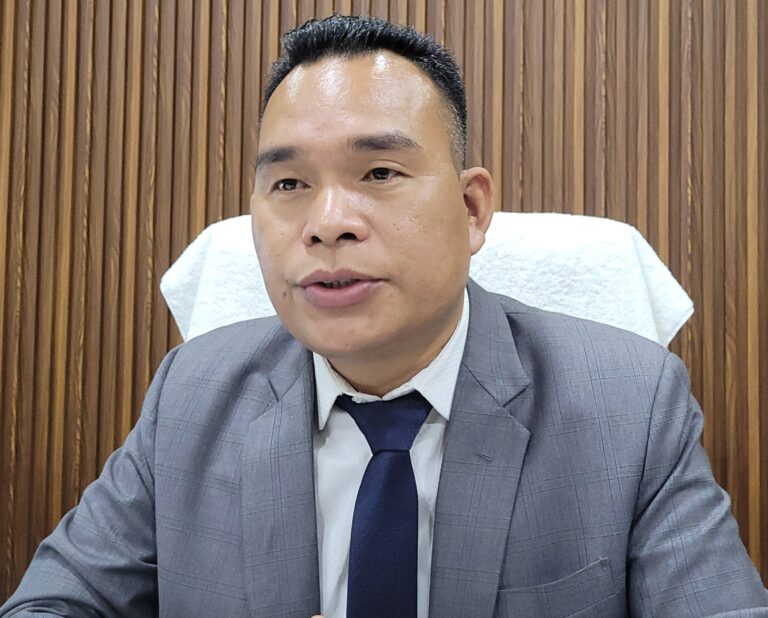
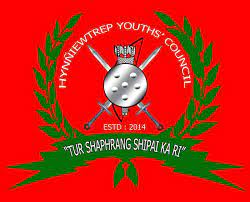


+ There are no comments
Add yours